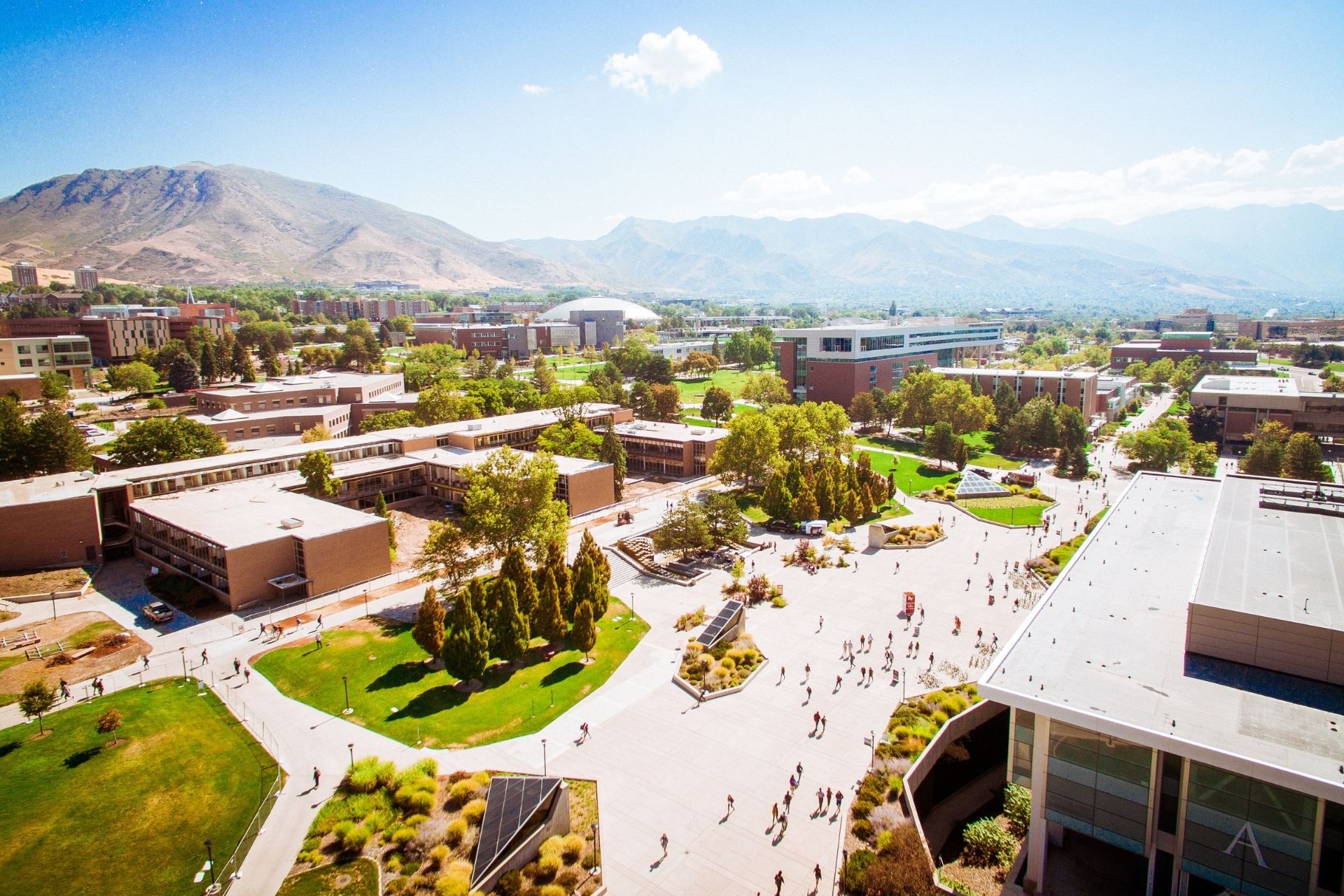
We are a reader-supported education publication. When you buy through links on our site, we may earn an affiliate commission to help us keep providing content.
Entering college is a transition for many students. Some take time to adjust to the academics or social environment. That’s why it’s important to take advantage of the campus resources listed below.
1. Your Writing Center
Even if you aren’t an English major, you will still do some writing in college. For example, business majors have to write financial reports. So, if writing isn’t your strong suit there are people who can help. The tutors can develop an outline or proofread your papers.
Plus, many majors require a capstone project which involves a lengthy proposal. Advisors at the center can help you break up the assignment into smaller chunks. Even if you’re a strong writer, it’s good to have someone look at your work from a fresh perspective. They can catch any errors in grammar or spelling.
2. Your Tutoring Services
Sometimes you have classes that are more difficult than others. Keep in mind it’s okay to seek out assistance. You might also relate better to peer tutors who understand what you’re going through. Plus, it’s a free service that can help boost your GPA. Your tutoring center may offer one-on-one or group sessions. During your freshman year, learn which subjects are offered.
3. Your Career Office
This is one of the essential campus resources when looking for a job. They offer services teaching you how to write a resume, interview and find potential jobs. You can use these skills to land a job after graduation.
They also host job fairs on campus and provide alumni connections. Networking with people is an important part of securing a job. In fact, 80% of jobs are filled through networking. So, when you’re trying to figure out your post-graduate plan, head to your career center.
Your academic advisors are another great resource. They can help plan your schedule and give you job advice. They offer designated office hours or you can set up an appointment with them.
4. Your Financial Aid Office
Keeping track of your finances is essential for college students. For the 2021-2022 academic year, tuition for a private university costs $38,070. Thankfully, there are campus resources that can help you manage your money. Your financial department should assist you in finding loans or scholarships. Plus, they can answer questions you have about your current financial aid package.
5. Your Library
With technology at your fingertips, you might not visit the library often. However, they offer good hard copy resources. Plus, the librarians can assist you in finding the right material for your research. Some places have designated study rooms for group or individual work. Also, going to the library is a good excuse to get out of your dorm for a little while.
6. Your Campuses Gym
Exercise is a good way to release academic stress. It’s also important for your physical health by strengthening your muscles. If you don’t want to use the equipment, some gyms offer fitness classes, such as yoga. These sessions are a fun way to work out while hanging out with friends.
7. Your Health Center
College is an easy place to get sick. Students have a busy schedule and live close to others. The flu, meningitis, and mono are common illnesses for college students.
The good news is many schools offer medical services at a discounted cost. They may include over-the-counter medicines for minor illnesses like colds and flu. Some might offer education on topics, such as nutrition or stress management.
8. Your IT Department
Most college students will use some form of technology for classes, such as a laptop. So, it’s important to become familiar with your Information technology (IT) center. That way you aren’t trying to finish a paper right as your computer crashes.
Another thing the IT department can help with is fixing your phone. It’s important to stay in contact with friends and family from back home. Also, connecting to your campus network can be complicated.
9. Your Dining Options
If you live on campus you want to know where all the food spots are. This will make it easier when rushing around between classes or meeting with friends. Your main source of food will be your cafeteria and most schools offer meal plans. However, there are other options available, such as on-campus coffee shops.
When choosing your meals, make sure to eat healthily. Maintaining a proper diet is important for academic performance and mental health. To help eat better, carry around nutritious snacks like fruit in your backpack.
10. Your Counseling Center
College is full of new changes and sometimes you just need someone to talk to. About 73% of students experience some type of mental health crisis during college. Anxiety and depression are the two most common concerns. Counseling sessions allow you to express your feelings in a safe environment. Plus, these services are usually free. The center may offer group or individual sessions.
Campus Resources to Look Out For
Even if you feel like you have it all figured out, everyone needs help at some point. College is all about self-exploration which can feel a little overwhelming. So, take advantage of these campus resources to have a successful semester.









